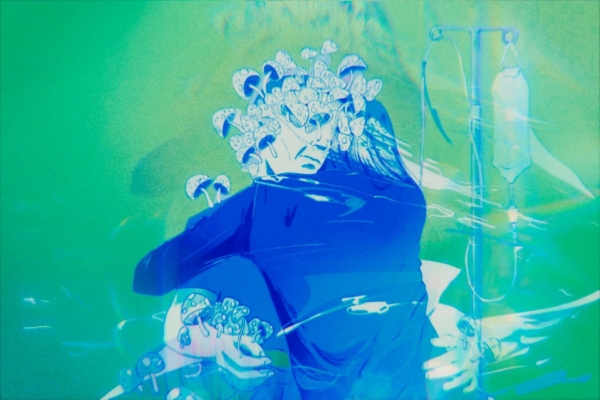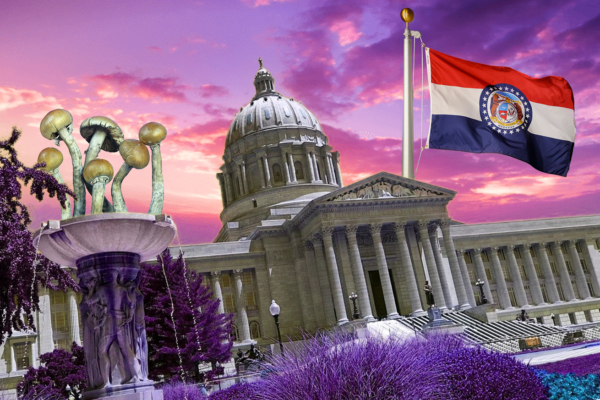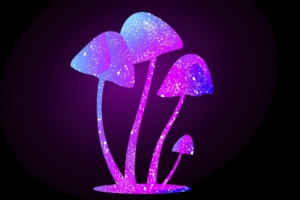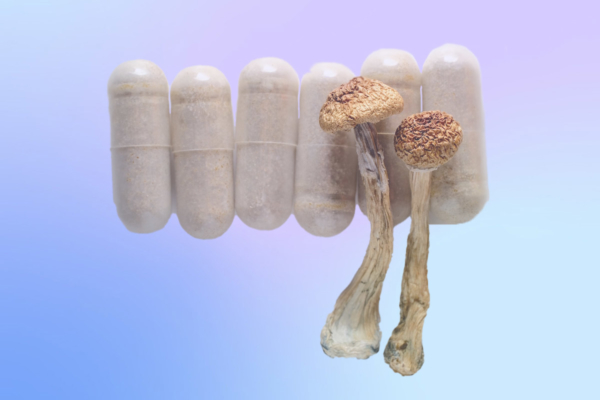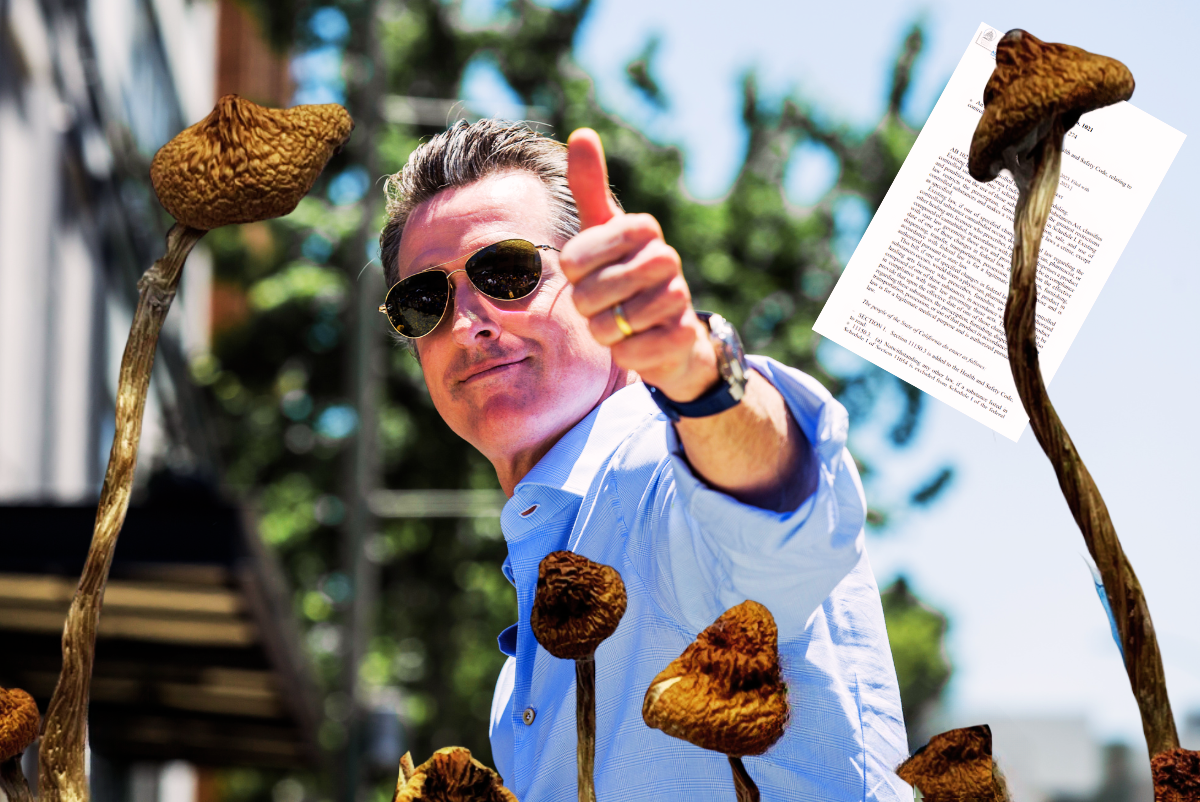
Psychedelic drug policy saw minor reform in California over the weekend.
Governor Gavin Newsom signed a bill into law on Saturday enabling California doctors to prescribe psilocybin, MDMA and any other Schedule 1 illegal drugs to patients if and when the drug is rescheduled to a lower tier in the federal Controlled Substances Act, or approved by the federal Food and Drug Administration for an exemption.
“The physician, pharmacist, or other authorized healing arts licensee who prescribes, furnishes, or dispenses that product in accordance with federal law shall be deemed to be in compliance with state law governing those acts,” the bill states.
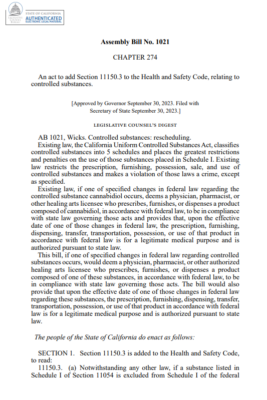
Heroin, LSD, cannabis, methaqualone, and peyote are also included as Schedule 1 drugs, defined by the DEA as drugs with no currently accepted medical use and a high potential for abuse. However, a flood of recent studies are proving that psychedelic drugs do have accepted medical use, after all.
MDMA-assisted therapy was found to be more effective in treating PTSD than therapy with a placebo in a second phase III study sponsored by the Multidisciplinary Association for Psychedelic Studies, more commonly known as MAPS. According to the organization’s president, Rick Doblin, the results put the drug on track to possibly be approved by the FDA as early as next year.
Meanwhile, researchers have been finding again and again that psilocybin can cure a host of medical issues, including PTSD, severe depression, anxiety and addiction. In fact, study results published this past June found the psychedelic to be just as effective as frequently prescribed SSRI Escitalopram to treat depression. There is even evidence that psilocybin could be used to treat chronic pain, cluster headaches, and eating disorders.
Oregon has become the first state to legalize psilocybin-assisted therapy, while Colorado recently decriminalized the hallucinogenic compound that is naturally occurring in certain species of mushrooms. Just this week, Portland, Maine city officials voted to decriminalize psilocybin and other forms of psychedelic plant medicine, joining a growing number of cities around the country making similar moves.
With all this drug reform momentum, it’s not hard to imagine that the federal government could follow suit one day, too, so the bill for California appears to be setting the stage for the state’s healthcare system to embrace psychedelic medicine as soon as legally possible.
There could be much bigger psychedelic drug reform news coming in California by Oct. 14, the deadline for Gov. Newsom to sign or veto SB-58, which decriminalizes possession of one gram of psilocybin or psilocin (or one ounce of the fungi containing the substance), one gram of DMT, and four grams of mescaline.
So far, no word from the Governor’s office as to the fate of the bill. “We respect the legislative process and don’t typically comment on pending legislation. The governor will evaluate the bill on its merits when it reaches his desk,” a spokesperson said in a statement following the state Senate passing the bill.
